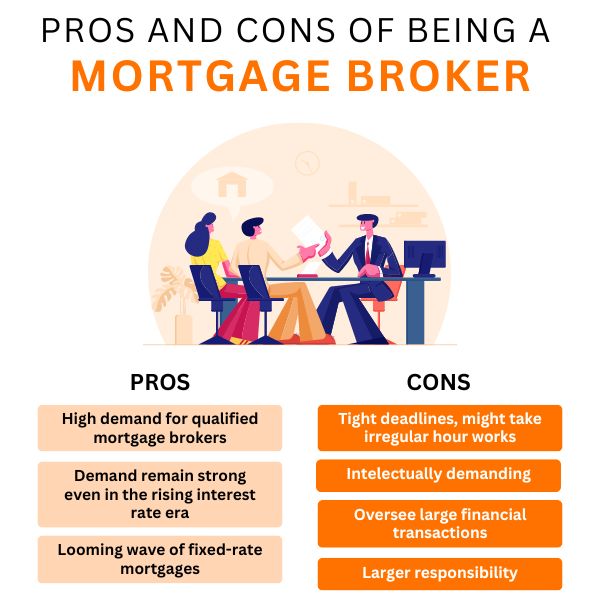How to Receive a Jumbo Loan and Buy a High-end Home
How to Receive a Jumbo Loan and Buy a High-end Home
Blog Article
Recognizing What a Jumbo Lending Entails and How It Differs From Conventional Fundings
Browsing the ins and outs of big finances discloses a funding choice tailored for those venturing into high-value realty, usually exceeding the limitations set by the Federal Housing Money Firm. In comparison, standard financings are often extra obtainable, profiting from support by entities such as Fannie Mae and Freddie Mac. The considerable risk associated with big finances requires much more strict qualification needs, consisting of higher credit report scores and significant deposits. As these two car loan types satisfy differing financial landscapes, recognizing their nuances is essential for making informed choices in the complex globe of property financing. Yet exactly how do you identify which course finest suits your economic technique?
Definition of Jumbo Loans
Jumbo lendings are a kind of home mortgage that exceed the adapting loan limitations established by the Federal Real Estate Finance Agency (FHFA) These finances provide to borrowers who require to fund residential or commercial properties that are a lot more pricey than what standard lending limitations enable. The FHFA establishes annual adapting financing restrictions, and any type of funding going beyond these limits is classified as a big loan.
Usually, jumbo fundings are used in high-cost property markets where home costs considerably surpass national standards, such as in cities or deluxe housing industries. As these car loans are not eligible for acquisition by Fannie Mae or Freddie Mac, they bring fundamental risks for lenders as a result of their bigger size and non-conformity (jumbo loan). Consequently, lending institutions usually enforce extra rigid certification criteria for big fundings than conventional adhering loans.
Debtors seeking big lendings have to typically show a strong economic profile, consisting of a higher debt score, durable income confirmation, and substantial deposit, often 20% or more. In addition, lenders might call for much more considerable documentation to examine the borrower's capability to take care of bigger monthly repayments. Recognizing the particular qualities of big lendings is vital for possible customers navigating this sector of the home mortgage market.
Conventional Fundings Review
While big car loans accommodate high-value property financing, traditional finances stand for the even more usual mortgage option in the housing market. These car loans are not insured or ensured by any type of government entity, such as the Federal Housing Administration (FHA) or the Department of Veterans Affairs (VA) Instead, they are backed by private lenders and follow guidelines set by government-sponsored enterprises (GSEs) like Fannie Mae and Freddie Mac.
Conventional car loans are usually provided with dealt with or adjustable rates of interest and differ in regards to period, frequently covering 15 to thirty years. Customers often prefer conventional loans for their foreseeable month-to-month repayments, which can help with long-term economic preparation. Furthermore, they are available for primary houses, second homes, and investment buildings, using adaptability to fulfill varied borrower demands.

Key Differences In Between Loans
At the leading edge of this decision-making process are conventional lendings and big financings, each having unique qualities and serving various consumer requirements. Jumbo loans go beyond the visit this website adapting funding limitations set by the Federal Real Estate Financing Agency (FHFA), which differ by region.

Additionally, the deposit requirements can vary significantly. Jumbo finances typically require bigger deposits, often surpassing 20%, to minimize threat. Conventional lendings, on the other hand, may enable for reduced down repayments, with some programs approving as low as 3% for certified customers.
Credentials Needs
Safeguarding a big loan involves fulfilling extra rigorous credentials needs contrasted to standard loans, reflecting the increased threat to lending institutions. These finances, which go beyond the adapting finance limitations set by the Federal Housing Money Firm (FHFA), are not qualified for purchase by Freddie Mac or Fannie Mae, thereby revealing lending institutions to higher financial risk - jumbo loan. Because of this, debtors should demonstrate a high credit reliability and monetary stability
A durable credit report, commonly 700 or higher, is essential for authorization. Lenders likewise expect a lower debt-to-income (DTI) proportion, typically not exceeding 43%, ensuring that consumers can handle substantial month-to-month settlements together with other economic responsibilities. Moreover, a substantial money reserve is usually needed, commonly totaling up to six months of home mortgage repayments, to reassure lending institutions of the customer's financial strength.
Deposit expectations are likewise raised, frequently starting at 20% or even more of have a peek at this site the building's value. While this is a secure for lending institutions, it necessitates significant ahead of time resources from customers. Furthermore, evidence of regular, sufficient income is necessary, generally verified through income tax return, W-2s, and current pay stubs. Independent people might need to offer additional documents, such as earnings and loss declarations, to substantiate their income stability.
Picking the Right Funding
When choosing the most appropriate financing alternative,Browsing the intricacy of big financings calls for mindful factor to consider. With the wider series of choices offered to those seeking jumbo lendings, the decision-making process should entail a thorough evaluation of one's monetary profile and lasting objectives. Unlike traditional car loans, jumbo financings usually feature stricter needs and differed rates of interest, which necessitate complete research and a clear understanding of one's financial standing.
When picking between various big lending offerings, it is necessary to review the financing terms, consisting of rates of interest, payment timetables, and linked costs. Customers should compare the prices offered by various loan providers to guarantee they secure one of the most favorable terms. In addition, understanding the ramifications of fixed versus variable-rate mortgages (ARMs) is essential, as each alternative presents unique advantages and risks depending upon market problems and individual financial methods.
Involving with a financial consultant or home mortgage broker can provide useful understandings tailored to individual scenarios. These specialists can assist in navigating the subtleties of big loans, guaranteeing that consumers are well-informed and geared up to choose a financing that aligns with their financial goals, eventually promoting a smoother home-buying procedure.
Conclusion
In summary, jumbo car loans act as an economic tool for obtaining high-value buildings, necessitating stringent eligibility requirements and higher rates of interest due to the elevated risk for lenders. Unlike conventional car loans, which satisfy FHFA limitations and may receive backing from Fannie Mae or Freddie Mac, jumbo loans try this require a minimal credit history of 700 and significant deposits. Understanding these differences is critical for consumers in high-cost actual estate markets to figure out the most ideal loan choice for their demands.
The FHFA develops annual conforming loan restrictions, and any type of funding exceeding these thresholds is identified as a jumbo lending.
At the forefront of this decision-making procedure are big finances and traditional lendings, each having unique characteristics and offering different consumer requirements.Safeguarding a jumbo lending entails satisfying extra rigid qualification demands compared to traditional lendings, mirroring the enhanced threat to lenders. Unlike standard car loans, big car loans usually come with stricter needs and varied rate of interest prices, which necessitate complete research and a clear understanding of one's monetary standing.
Unlike standard loans, which adhere to FHFA restrictions and might get support from Fannie Mae or Freddie Mac, big fundings call for a minimum debt score of 700 and considerable down settlements.
Report this page